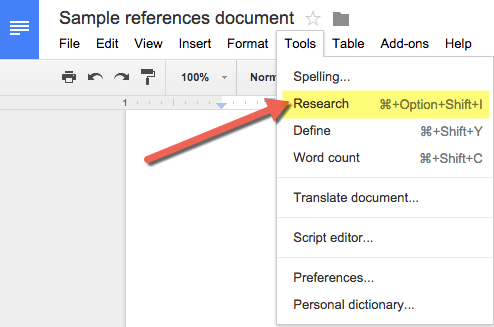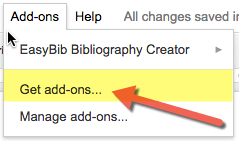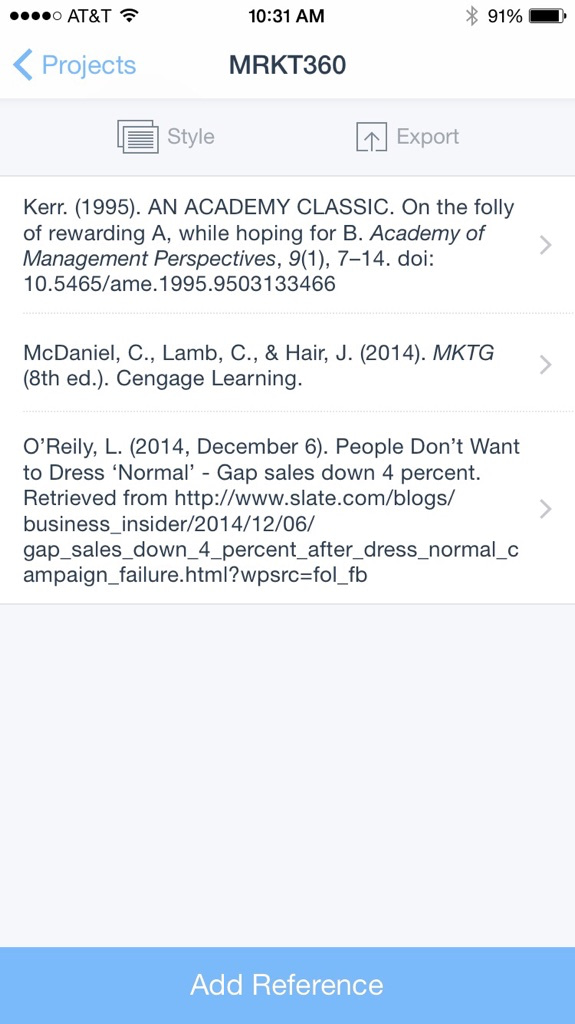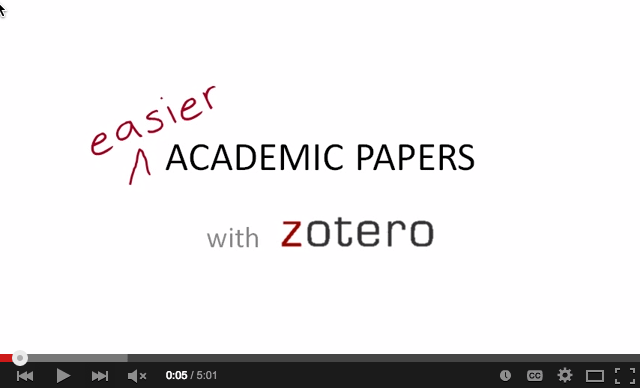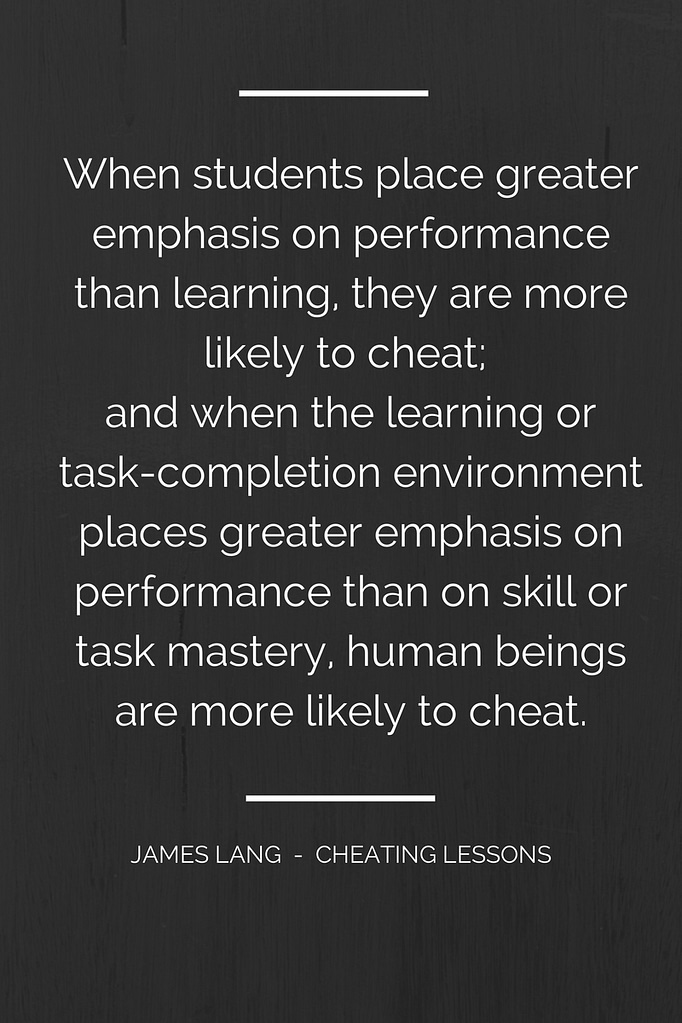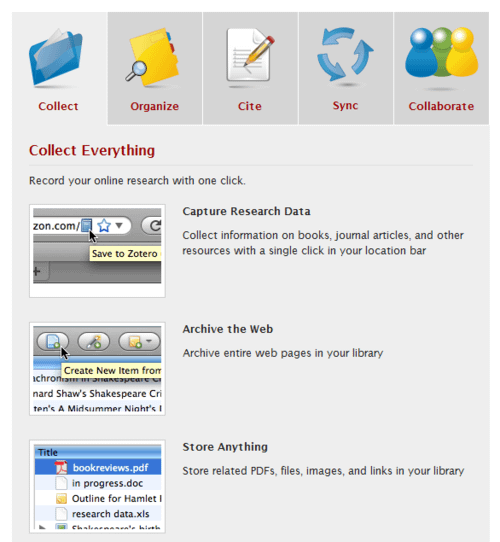I enjoyed the conversation with Natalie Houston immensely, which aired this past week in episode #034. She reminded us all to find ways to have more of a sense of ease in our lives.
She said:
Productivity, to me, is not about doing more things faster. It is about doing the things that are most important to me and creating the kind of life I want to have…
Here are a couple of opportunities for having more ease in my life that I discovered this week:
Set a timer to better enjoy breaks and conversations with students
Since the conversation with Natalie, I've been setting timers like crazy. While I had used this approach previously, she shed new light on the practice and inspired me to take more regular advantage of the focus on the moment.
I found a Tweet where Natalie coached a colleague who wanted motivation and concentration to:
@rgfeal set timer for one minute; close eyes and breathe. Then ask yourself: what should I do next? Write down whatever comes up. Then act.
— Natalie M. Houston (@nmhouston) September 30, 2012
I met with a few students this week and really felt more connected with the conversations in those times when I remembered to set a timer. There was one time when I neglected to do so, and I both wound up completely throwing off my schedule for the latter part of the afternoon, and wasn't as engaged as in the other “timed” conversations.
Natalie also offers these tips about using a timer while grading.
Install a custom style in Zotero, which enables you to create an annotated bibliography
This one is really more for my doctoral students than for me, though I treasure the opportunities to bring more ease into other people's lives. As a part of their program, they're asked a number of times to develop an annotated bibliography.
We also strongly encourage the use of the citations manager, Zotero. The annotated bibliography assignment hasn't aligned well with using the automated features in Zotero, since until now, I thought it could only “spit out” a list of sources, not something that included annotations.
Thanks to Emory Libraries and Information Technology, I found out I was wrong. Turns out, you can create a custom style in Zotero, or download one from their repository and leave the heavy lifting to others.
[reminder]How are you inviting more ease into your life this week?[/reminder]

